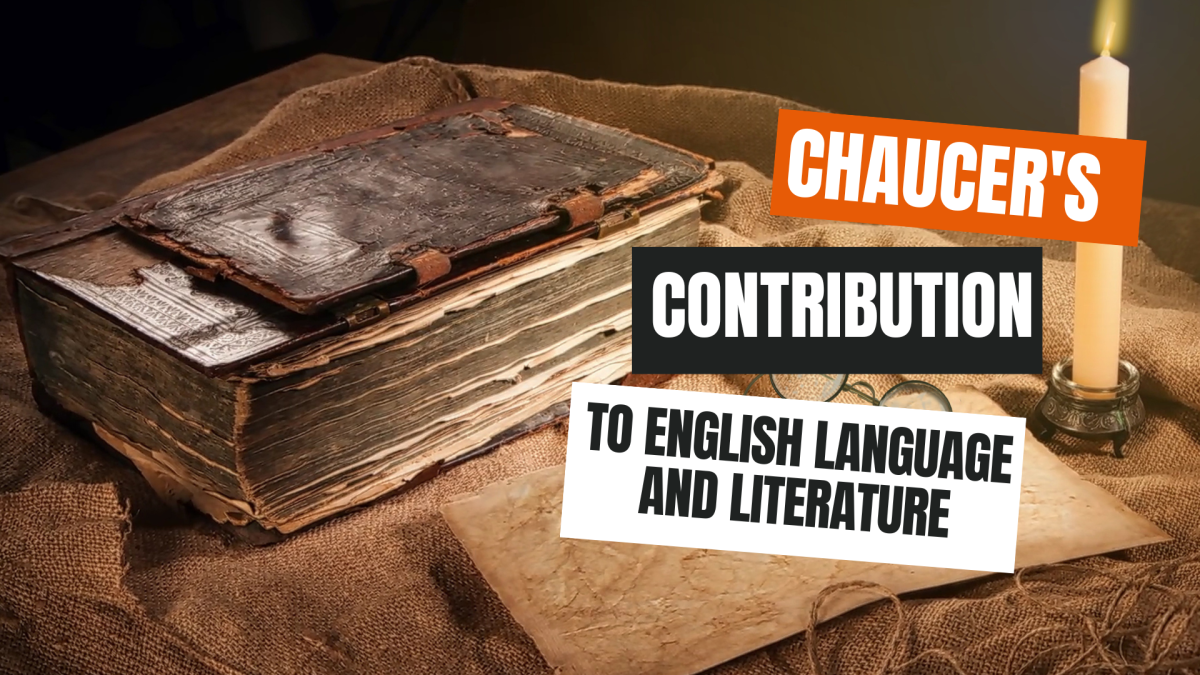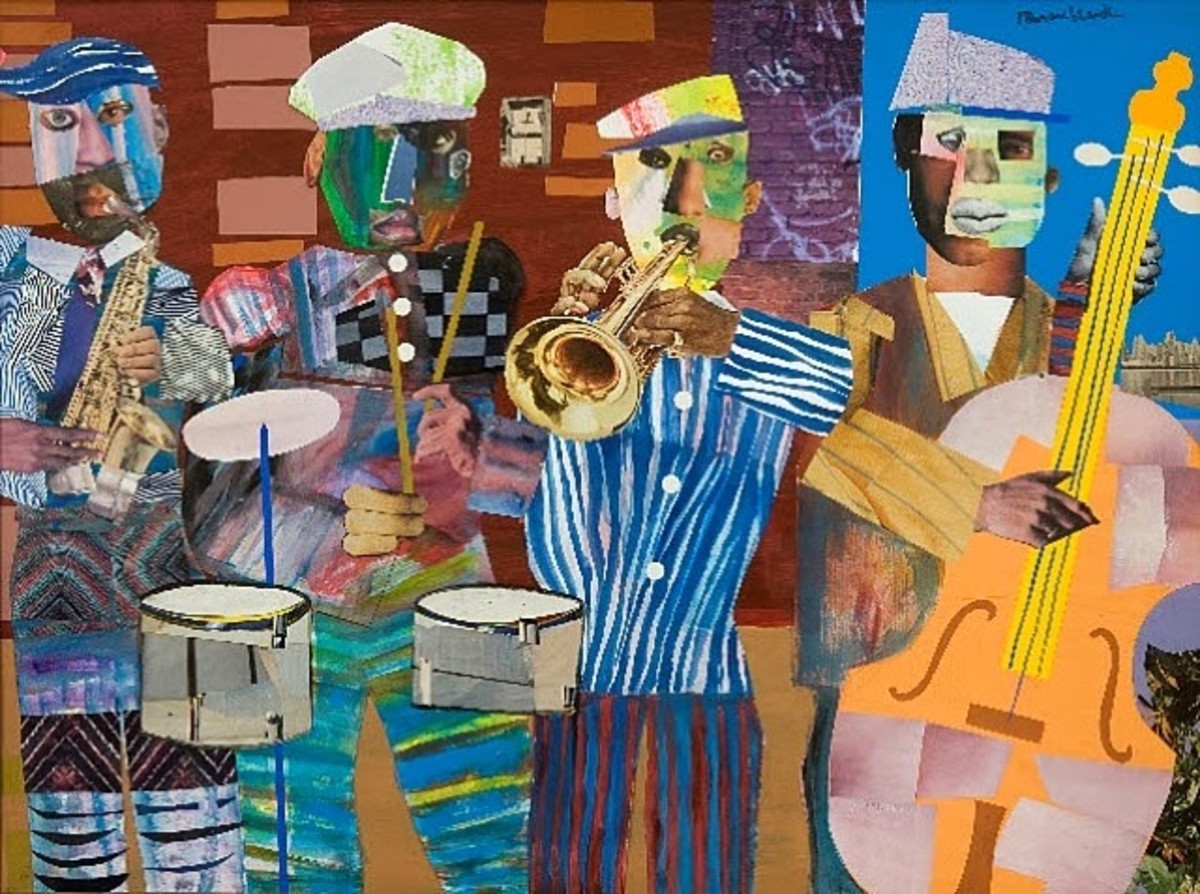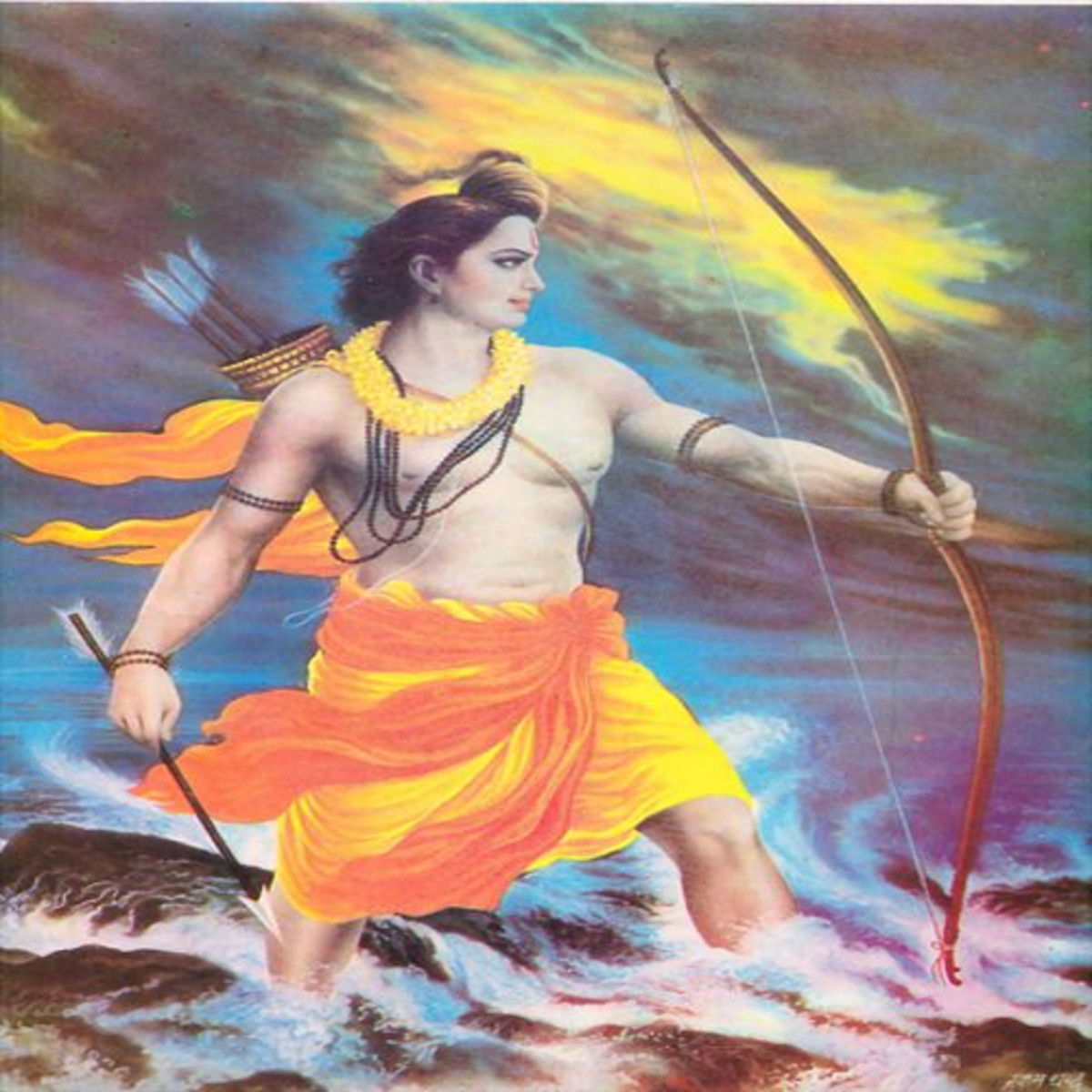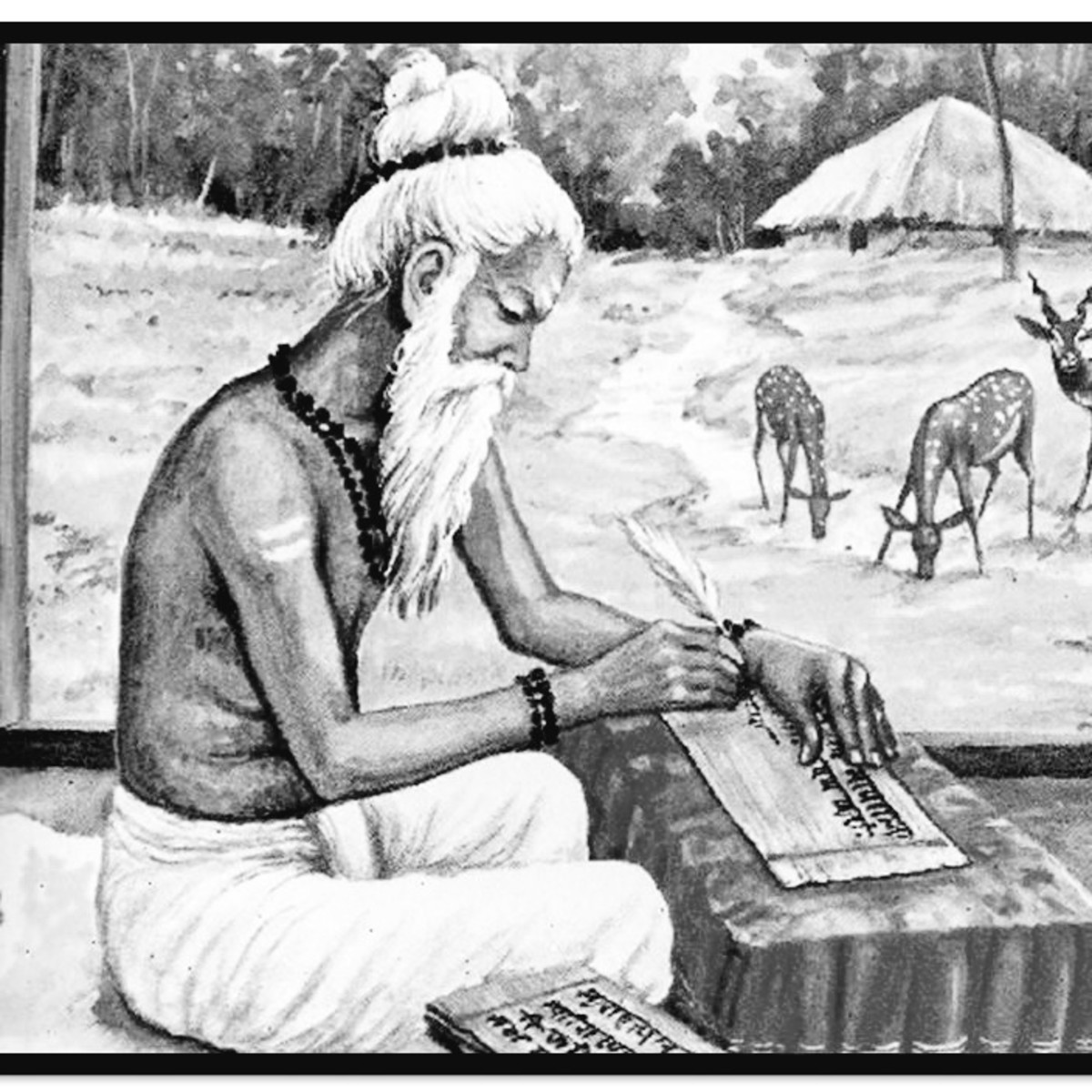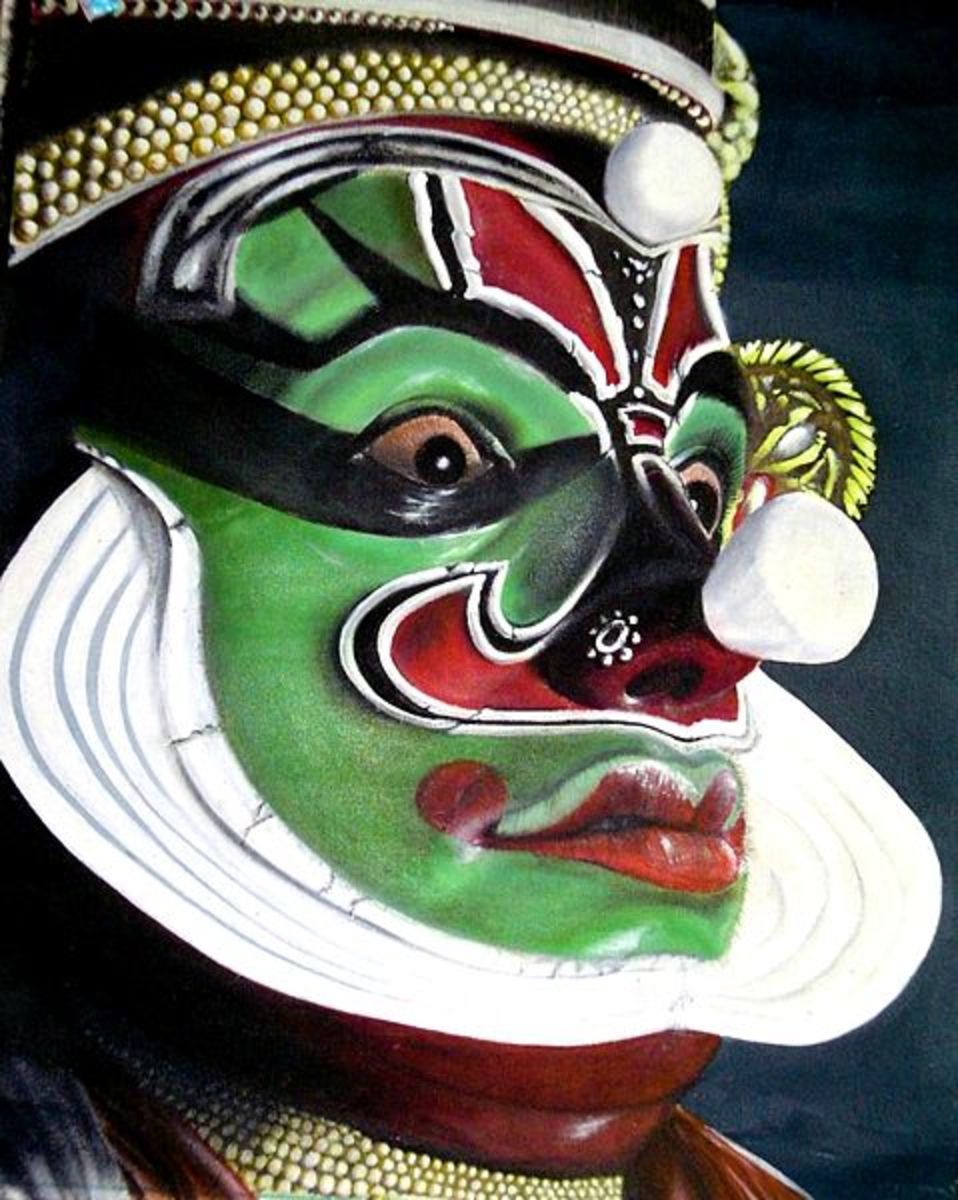Indian English or English in India - Indian Humour
Indian English as it is today
Indian English or English spoken in India has evolved in its own right. It no longer resembles the British English that India had learnt from the British colonial regime. The British had moved forward discarding some of those words and phrases that Indians still hold on to. Globalisation has forced India to look the American way and pick some of the American lingo – survival skills, if you need to know. Our bread is butter on that side, with IT enabled industry out-sourcing its work to the Indian shores. Now Names like 'Shalini' have become Sally and 'Sandhya' have become Sandy, so that the American tongue is not twisted more than it should be. To survive, we have ‘neutered’ our accents. India has three thousand plus languages of which 29 are widely spoken. Each region not only has a language, but many dialects as well. This causes one cauldron (caldron) of spices and flavours to be blended and mixed into the English language.Yet, the average Indian braves it all to learn and speak the Queen’s language.

The evolving of a language - The Indian English Language
There is bound to be a little flavouring of the Indian curry and the little smacking of the hot chili pepper, in the language that is spoken. In the past it was the language of the elite, today the average Indian speaks the English language, if not fluently, at least enough to survive in the big wide world or the www if you care to know. Learning to speak English fluently conjures up pictures of a good job and opportunities for moving up the ladder, in their career. So today, every Indian strives to perfect the English language. In the process, a lot of humour is birthed. This is because, most Indians are applying the rules of grammar in the vernacular while translating it into English, without understanding that the same rules do not apply here. I want to highlight some of the bloomers that crop up while Indians try to do a mental processing in some Indian language and produce results in the English language.
Indian Humor - Birthed Through English in India
It is reported that a government official was speaking to some farmers in Rajasthan exhorting them to grow their own herbs and vegetables. He said, “grow herbs in your own backsides”. The unfortunate man hardly realised that, though backside would have been acceptable in the vernacular, it is rather absurd or even obnoxious to those who do not know the origins of such bloomers. Did you notice that I said 'bloomer' instead of embarrassing mistake, a relic of the past.
While at a bakers the other day, there was this rather rustic looking man who came and ordered some “yess pups”. Well, if you do not know what that means - let me explain that to you. These are no special kind of pups, but the ignorant man was trying to say “egg puffs” (a flaky pastry with spicy egg in it) which because of his native accent, turned into “yess pups”.
Almost every housewife tells the husband “I am going marketing”, no, no she is not talking about internet marketing or door to door sales, on the other hand she is telling her husband that she is going to the grocer to get some groceries. In the newspaper a few days ago, there is this small announcement that said “Kaushik Singh left for his heavenly above”.


Indigenous rules for spoken English
The Indians are ingenious at making new rules and establishing the language. Here is one such ingenoius grammar rule for Indian English add “no” to a statement to make it a question as in “it is deadly hot, no?”
We also add 'only' to a statement to make it persuasive as in, ‘I stay here, only’. So remember what only means.
We add ‘ly’ to most of the nouns to make it an adjective, in the process we may end up with turning the phrase on its head – as in awesomely, study hard - becomes studying hardly, conveying the exact opposite meaning.
As the English language does not have a feminine gender for the word “teacher”, Indians have decided to set things right by adding the word “teachress”, though not prevalent, you do get to hear it sometimes.
This word 'freaking out', a part of the American legacy is used by Indians to mean just the opposite. When a college student says s/he is freaking out it means s/he is having fun.
We always ‘pass out’ of college and schools. No we do not faint or flounder, we graduate from school or college is all we mean to say.
If someone asks you where are you put up? Just tell them where you live. That is what they want to know.
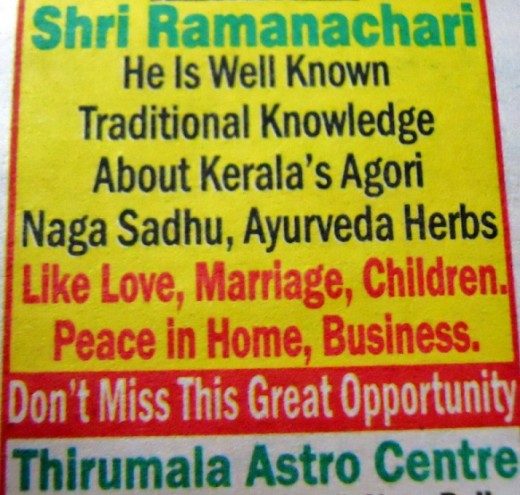
The formal Indian English
Applying for leave is another very formal affair. They are traps that can get you into more problems than you first started out with. Here are more 'Bloomers'.
A man applying for half day’s leave says “Since I am going to the crematorium and not coming back, kindly grant me half day’s leave”. Another leave application says “Please grand me 2 days’ leave as I am going to native (place) to sell property with wife”. Yet another says, “As I want to shave my son’s head, please leave me for 2 days”. Shaving Head is a religious ritual, done very solemnly.
Official letters like leave letters (of absence) can be tricky, here are some sample for your perusal, read on with caution...
On a covering note: "I am enclosed herewith..." Another official letter "Dear Sir: with reference to the above, please refer to my below..."
Indians over use the word ‘kindly, being a part of their culture to be polite and respectful, they have been trained to be extremely polite which results in such heights of politeness as ‘please kindly reply’. We also have this propensity to use bombastic (pun intended) words and be a bit verbose. Here is a University bloomer to prove my point. On an approved PhD thesis: 'I consider it to be my primordial obligation to humbly offer my deepest sense of gratitude to my most revered Garuji and untiring and illustrious guide professor . . . for the magnitude of his benevolence and eternal guidance.' The person now is Dr.Malaprop I guess..
Everyday Indian English
A physical instructor tells the boy in his school “you rotate the ground four times” as punishment for bad behaviour. He meant, run around the field four times as a form of punishment.
Indians also have a penchant for spelling English words the vernacular way. On the footpath a man is making ‘dublicate’ keys for lock, cars and two wheelers.
Announcement in college on the first day of classes for the juniors “no ragging this college, anybody rags we arrest the police”. We Indians have a way of mixing up the order of words. They are all in there, just arrange them in the right order.
You would frequently hear this term being used without the batting of an eyelid “Do you have any issues?” this question means “Do you have any children”. To clarify the ‘issue’, we would also refer to the couples without children as “couples with no issues”. Now do not get me wrong, they may have problems between themselves, the 'issues' that we are talking about here, are like the monthly issues of a magazine or a periodical that come out fairly regularly.
An application for a job as found on the internet (I had to quote this one J though the source is not quiet so clear) : "This has reference to your advertisement calling for a ' Typist and an Accountant - Male or Female'... As I am both (!!) for the past several years and I can handle both with good experience, I'm applying for the post.
It is not so rare for the boss to ask you “can you capable of doing this work?”.
Indian English or English in India has found its own niche
Indian English has made its own contribution to the Oxford dictionary. Today we have words like curry, chutney, karma, chakra, bangle, bungalow, catamaran, mullagathawney ( in Tamil meaning pepper water), raj and many more that have all become part of normal English usage today. Any takers for Indian English here?
Having said this I would like to acknowledge that there are great Indian writiers who are known for the achievemnts in the literary field, making the Nobel and the booker prizes for Literature theirs. Rabindranath Tagore, Arundathi Roy, Sarojini Naidu, Salman Rushdie, R K Narayan etc.. The aspiration of the average Indian is fixed on mastering the English language, the Passport to his global village.
P.S. This is being my Hub number 100, I wanted to give you a flavor of India, not to ridicule the country and her people but more as an eye opener, for most people who have no idea of how this language has morphed and transformed in other countries where it is spoken. I hope you enjoyed this hub as much as I did, researching and presenting it for you!!
Thank you for all the support and encouragement that you, as members of this community have given me.

